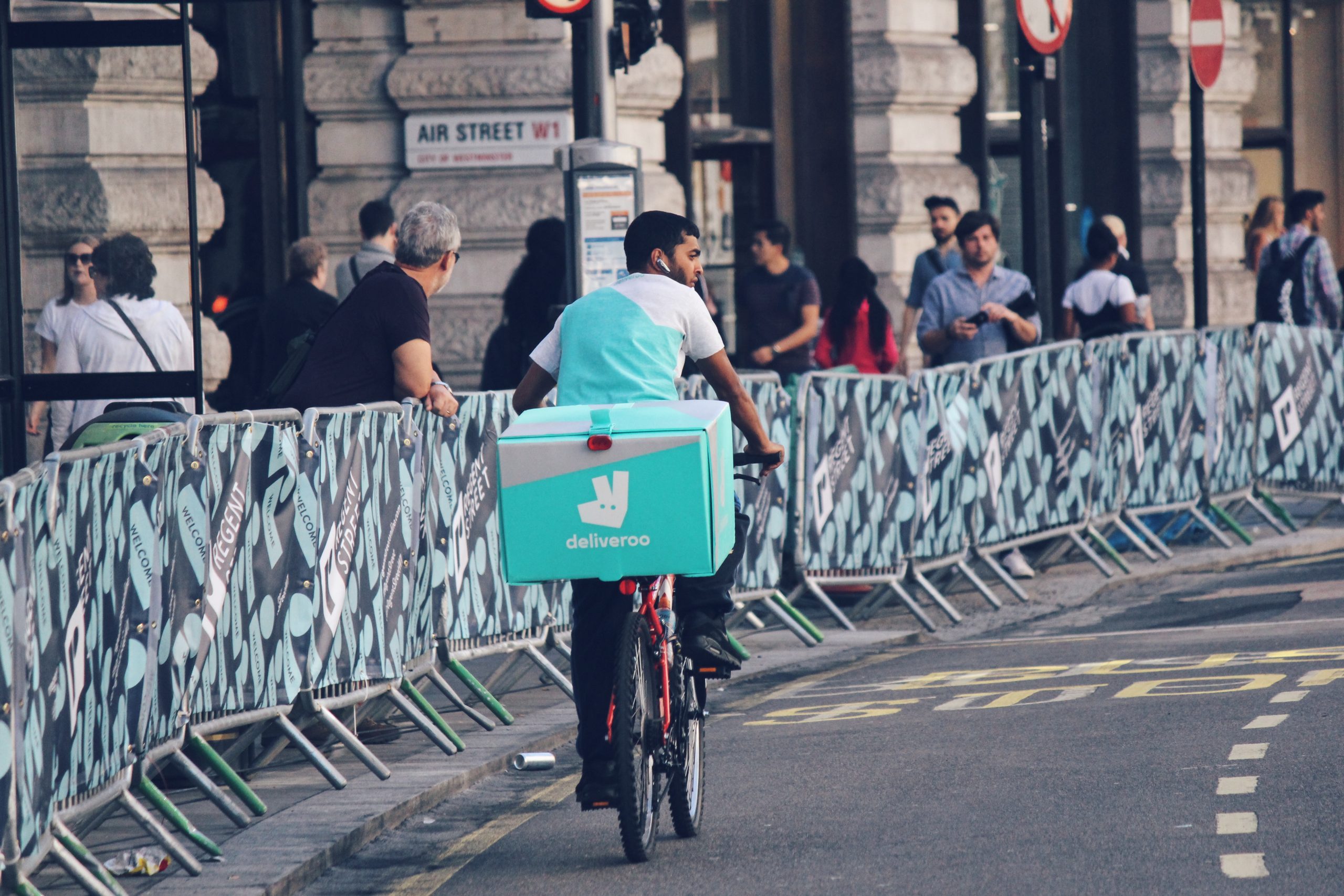You might think we gen Zers are even lazier and more entitled than the avocado-munching millennials before us. Many worry that we will be even harder to manage and train than past generations, and that growing up with Deliveroo and Snapchat at our fingertips means we’ve never had to innovate or improvise.
The findings from the Entrepreneurs Network’s latest report, Future Founders, paint a completely different picture.
It finds that generation Z (those born between 1995 and 2015) debunks the unaspiring stereotype, with 51 per cent of young people thinking about or already starting a business, rising to 60 per cent of 22-25-year-olds. In fact, gen Zers are so positive about entrepreneurship that only 15 per cent said that they were closed off to the idea altogether.
As a gen Zer, this research resonates with my experience of a generation.
Although I’ve not met one who’s done a paper round or set up a tree-cutting business (the jobs my dad did when he was growing up), few of my peers haven’t displayed some entrepreneurial flair at a young age.
Rather than social media and technology dampening young people’s entrepreneurial spark, it has in fact enabled us to engage in freelance work and enterprise, turning away from traditional Saturday jobs in an increasingly regulated market.
Gen Zers are engaged in the selling side of Instagram, Depop, and Deliveroo in the same way that they buy from the apps.
With higher minimum wage requirements and longer compulsory education than generations before, smartphones have opened up a space for young people to make money on the side without the burden of finding someone to hire them.
However, while this is a group more comfortable than ever with issues that discombobulate older generations (gender fluidity, for instance), gen Z has sadly not escaped the curse of the gender startup gap.
According to the report, young males are almost twice as likely to have started a business compared to young females – 11 per cent vs six per cent.
While the gender pay gap may partly be explained by women choosing certain professions over others or leaving the workforce to have children, the startup gap’s origins are harder to identify and the issue tougher to resolve, given that it predates parenthood.
There are differences in the industries where men and women create businesses. When I did my quick mental survey of peers working for Deliveroo and Depop, I realised I couldn’t think of a single male friend who’d sold clothes on Depop, nor a single female friend who’d cycled for Deliveroo.
Research has found that gig workers are more than twice as likely to be male than female, but in the asset-based trade (such as clothes or renting out rooms), the split is even.
Given how lucrative social media can be, especially for women, it’s hardly surprising that the Future Founders report listed reality TV star Kylie Jenner, vlogger Zoella, and fitness influencer Grace Beverley as the most named female entrepreneurs for gen Z.
Meanwhile, the most named male entrepreneurs included Alan Sugar, Richard Branson, and Elon Musk: men for whom social media has often been more of a liability than a selling point.
Even though the world of social media is far from perfect, for the influencer and the influenced alike, it’s important to take this new realm of entrepreneurship seriously.
Working in the gig economy or buying and selling online enables young people to gain money, experience, and exposure on their own terms. If Jeremy Corbyn wants to enable young people to earn their own money in a flexible and self-driven way, he should support keeping it as an option for those who want it, rather than demonising the gig economy as “a more rapacious and exploitative form of capitalism”.
Failing that, he could offer cycling lessons to young girls to get more of them Deliveroo-ing.















